I've been researching about change; what the process looks like diagrammatically by comparison of real life scenarios vs established coaching change models. Change models are often known by their acronyms, such as GROW (goals, reality, options, will) or ACE (awareness, choice, execution) and as such they imply a straight forward order.
In an organisational setting the change process is similarly thought of as getting from A to B in a linear fashion. I'm guilty of saying this on my FAQ page, plus all my diagrams have straight lines. But in reality, change is circuitous and I believe it's helpful to be reminded of that. Plans do go awry, situational factors change, motivation waxes and wanes, goals change shape and progression stops and starts. My research has many intriguing points, yet a few stand out as more than important.
Firstly, allowing for setbacks is essential. People relapse an average of 6-9 times when adapting to a new behaviour (although I'm possibly on relapse 55 when it comes to my goal of drinking more water!) and especially when transitioning from one environment to another, e.g. incorporating training knowledge/skills back into the real world may result in a loss of confidence. One of the reasons why I include role-play in coaching is to help with embodying new behaviours in everyday life. In practising the change during the coaching session (e.g. handling a conversation, a conflict scenario or an interview) you are more likely to practice the change once back in the office.
Another important point is to not think that everyone is immediately ready to start with action. For sure there are those that love to jump straight in and get going, but equally there will be people that are best starting a change journey in a more cognitive realm - reflecting, observing and analysing data. You can probably think of "let's get on with it" vs "let's think about it" people already. This is where knowing your learning style, and that of your team, is advantageous . If you linger over analysing and need to crack on with decision making, then tapping into the 'activators' for support (or vice versa) can be motivating.
Change isn't linear, it's a series of circular currents that allow for backward steps, blocks and unforeseen challenges. To find out how coaching can help you map out your unique change journey, contact me today.

